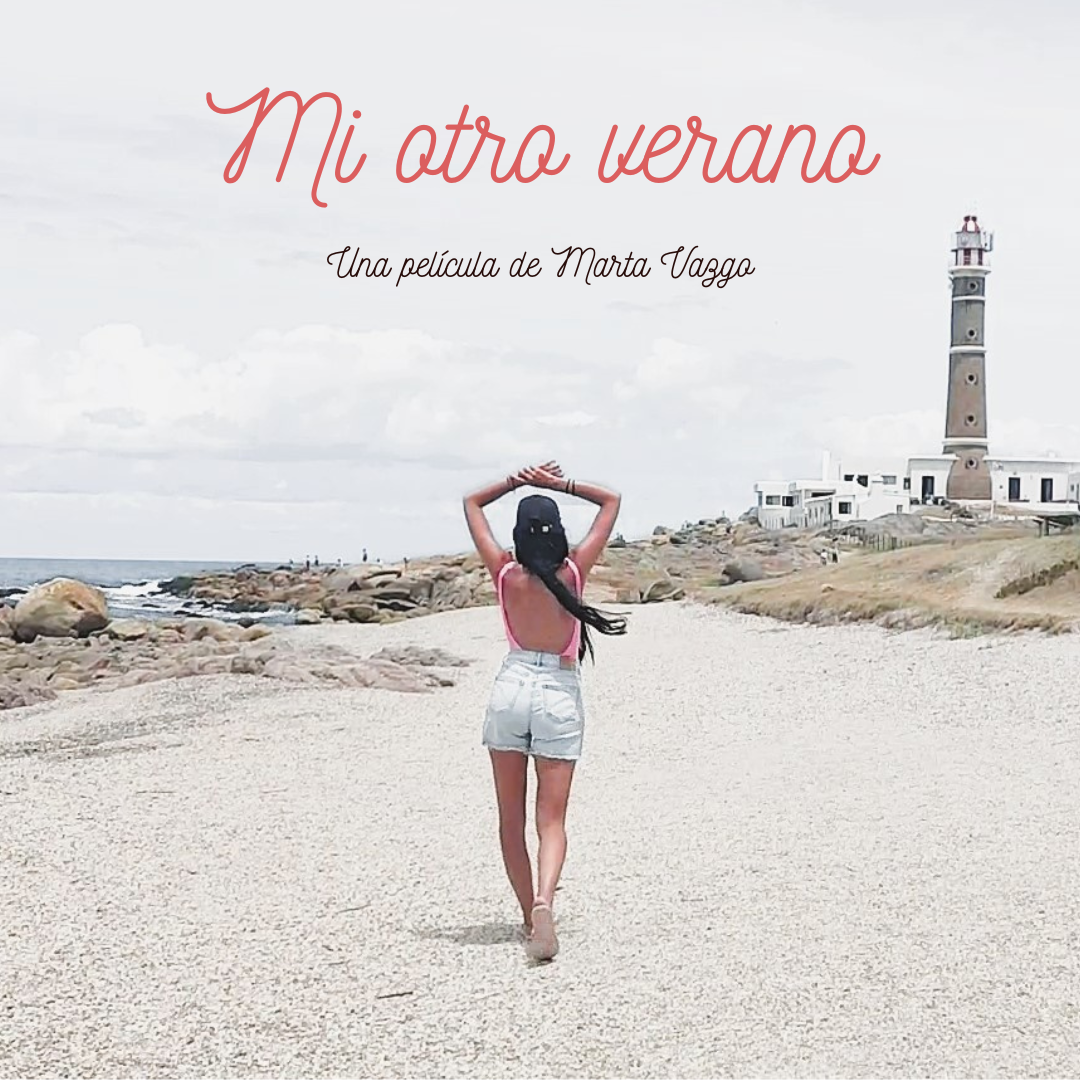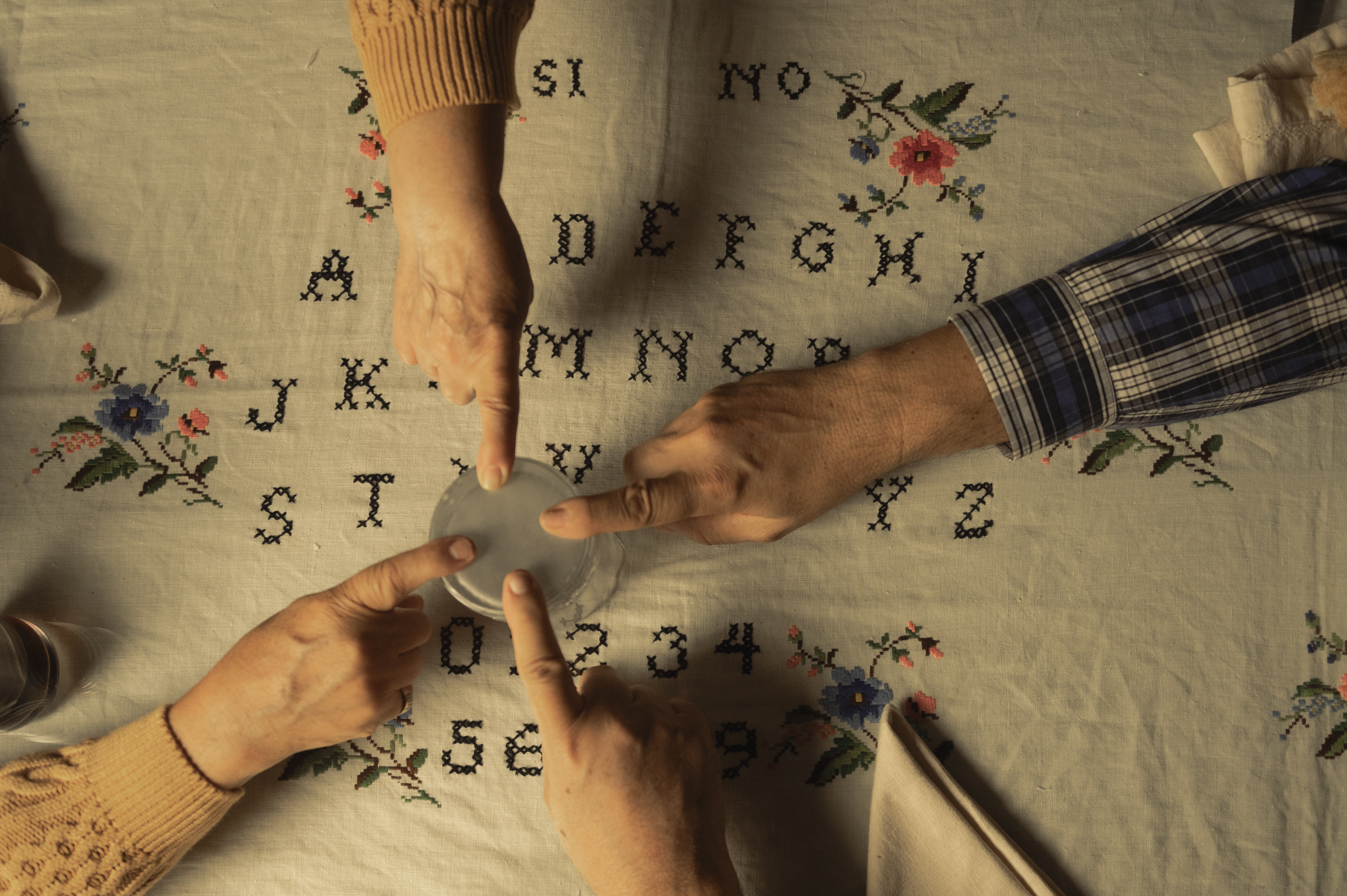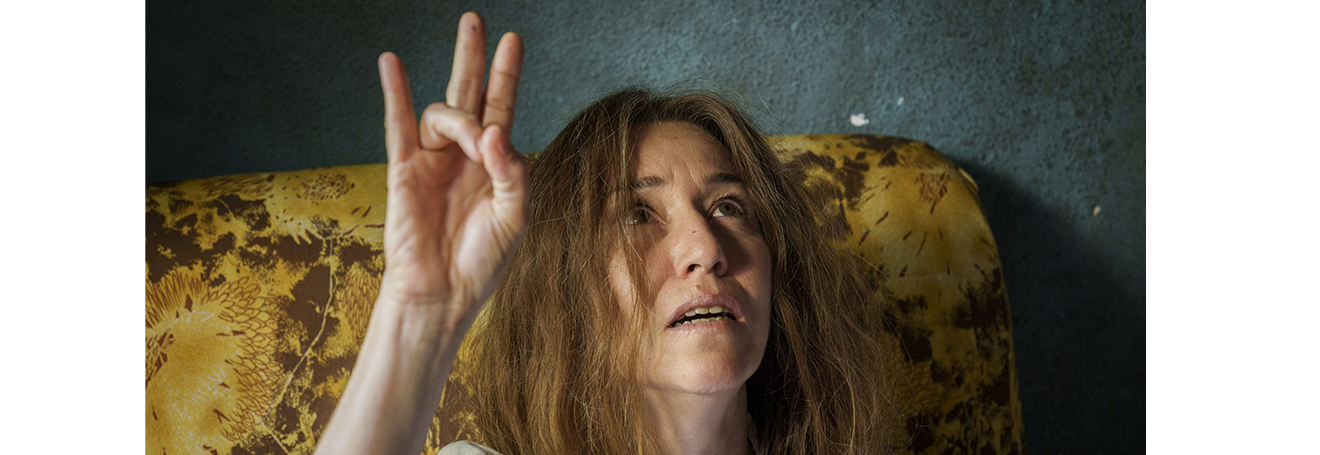New Projects by Carla Simón, Gaztelu-Urrutia and Pilar Palomero Underway

La Maternal
After El hoyo, which is in the top 10 of Netflix's most watched non-English language movies, Gaztelu-Urrutia tackles international co-production Rich Flu
Carla Simón, Galder Gaztelu-Urrutia and Pilar Palomero, three of the most outstanding new voices on the Spanish film scene, achieved industry and public recognition with their previous films, so the expectation surrounding their upcoming projects is high.
Catalan auteur Carla Simón, winner of the Berlin Golden Bear in 2022 with Alcarrás, is now working on Romería, another film produced by María Zamora, through the Valencian company Elástica Films.
Following Verano 1993 and Alcarrás, Romería completes Simón's trilogy on the three branches of her family, addressing themes of loss, belonging and memory, with the humanity that characterizes the filmmaker's work.
Having previously participated in the TorinoFilmLab Next program, the Romería project revolves around Frida, a teenager whose parents died when she was just a child.
Adopted by a maternal uncle, the girl loses contact with her father's family. Wanting to understand the reasons for the absence of half of her family, and more specifically to learn about her own past, Frida decides to travel to Vigo to meet her father’s family.
The filming of Romería may take place over the next year, in locations yet to be determined, and the film will be made in a combination of Spanish and Catalan.
French agency MK2 sold Alcarrás, Simón's previous film, to the global platform MUBI in different regions, including North America, the United Kingdom, Ireland and Latin America.
International cast for Gaztelu-Urrutia
After directing dystopian allegory El hoyo, which after its release in 2020 was ranked in the top 10 most watched non-English language movies on Netflix, Galder Gaztelu-Urrutia shot the feature film La gripe rica (Rich Flu) between November and February.
The international co-production is being produced by Adrián Guerra and Núria Valls through Barcelona-based Nostromo Pictures, in association with Carlos Juárez's Mamma Team and Basque Film, along with Chile's Fábula, owned by brothers Pablo and Juan de Dios Larraín.
Leveraging a certain style of Spanish auteur genre cinema, extraordinarily well received by global consumers, Rich Flu, again a dystopian thriller, co-written by Gaztelu-Urrutia and Pedro Rivero, explores how far humans will go to save themselves when the wealth that made the world go round becomes the most dangerous of commodities, after a strange disease threatens to kill anyone with any kind of fortune.
The virus spreads panic and people try to get rid of their assets, but the world no longer wants them.
The film, marketed by eOnesubsidiary Sierra/Affinity, features an international cast that includes Mary Elizabeth Winstead (The Jungle 4.0), Rafe Spall (Life of Pi), Lorraine Bracco (The Sopranos), Dixie Egerickx (The Essex Serpent) and Cesar Domboy (Outlander).
Third film by Pilar Palomero
Pilar Palomero, who is from Aragón, won the Goyas for best film, best new director and best original screenplay with her debut feature Las Niñas in 2021. The world premiere of her second feature film, La Maternal, took place last September at the San Sebastian Festival, where actress Carla Quilez won the Silver Shell for best leading actress. Both films were produced by Valérie Delpierre for Inicia Films (20,000 Species of Bees).
Again produced by Inicia, joined on this occasion by Mod Producciones (headed by Fernando Bovaira) and Misent Producciones, Palomero has been shooting her third film, Los destellos, since the beginning of May.
The film is an adaptation of Eider Rodríguez's book Un corazón demasiado grande, which deals with grief and loss, and has the support of RTVE.
Un corazón demasiado grande was originally written in Basque and translated into Spanish by the author herself, and was the winner of the Euskadi Prize for Literature.
La maternal, Palomero's previous film, was distributed internationally by France's Elle Driver; while sales of Las niñas, her successful debut film, were handled by Spain's Film Factory Entertainment, with agreements in such important countries as France (Epicentre Films) and Japan (Fine Films).
Related
Related news

03 January 2025
03 January 2025
The summer months, as well as November and December, saved a year whose first half did not record good figures. However, Spanish cinema and local distributors ended up being the year's big winners, increasing their revenues compared to 2023.
03 January 2025

23 December 2024
23 December 2024

For over two decades at the helm of Latido Films, Antonio Saura has sold key titles of Spanish cinema worldwide. Moreover, his unique experience in the sector is also backed by his credits as a producer for Zampa Audiovisual and Zebra Producciones, as well as his role as deputy chairman of the European Film Academy from 2008 to 2019, and his two-year tenure as director of the Media Business School, one of the most prominent international business training institutions. Saura’s historical perspective is undoubtedly exceptional in terms of the history of Spanish cinema and its global reach.
Some recent, brilliant Spanish titles in Latido line-up include Isaki Lacuesta’s “Saturn Return”, Carlos Marques-Marcet’s “They Will Be Dust”, Antón Álvarez’s “The Flamenco Guitar of Yerai Cortés” or David Pérez Sañudo’s “The Last Romantics”.
23 December 2024

14 October 2024
14 October 2024
The fourth edition of Iberseries & Platino Industria solidified its role as a global reference for market networking, co-production, financing, analysis, and development in audiovisual content driven by Latin American talent and industry. The Co-production and Financing Forum stands at the core of this mission, serving as a key setting to identify artistic, collaborative, and industrial trends within the audiovisual sectors that connect Ibero-American regions across the Atlantic..
14 October 2024

06 August 2024
06 August 2024
Founded the year after the end of World War II, this festival, held in the beautiful Swiss canton of Ticino, has become both an exquisite showcase for auteur cinema and an industrial platform for projects with the most diverse geographical origins and artistic profiles.
06 August 2024

13 October 2023
13 October 2023
Spanish fiction continues to be a benchmark in the main international markets and festivals, while the industry maintains a dynamic pace of production in terms of new projects.
13 October 2023

26 September 2023
26 September 2023
A pioneering producer in fiction series co-production, Portocabo has been determined to seek out international partnerships to promote more ambitious projects. Alfonso Blanco, the company's founder, explains the advantages of his approach.
26 September 2023

17 September 2023
17 September 2023
Spanish Screenings XXL, the ambitious international market platform, is heading into an intense fall with two of its events—Spanish Screenings Financing & Tech and Spanish Screenings on Tour—taking place close to each other in the calendar, as part of the San Sebastian Film Festival and the MIA market in Rome, respectively, in its aim to globally promote our industry.
17 September 2023

01 September 2023
01 September 2023
The international prominence of Spanish animation cinema is reaching unprecedented heights, not only due to recent spectacular international sales results or global box office performance, but also because of growing interest among programmers at major festivals.
01 September 2023